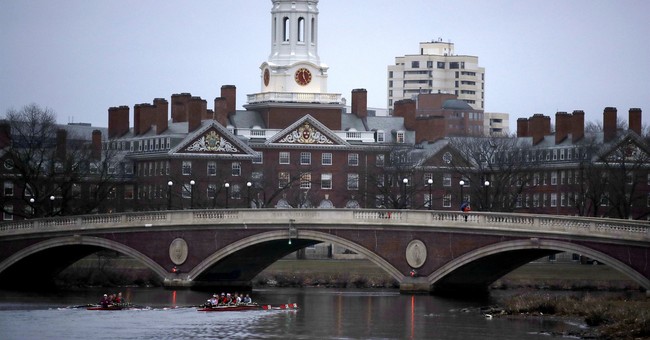
In the afternoon on July 6, the Department of Homeland Security, Immigration and Customs Enforcement announced that foreign students on F-1 and M-1 non-immigrant visas will not be allowed to remain physically present in the U.S. (or will be denied visas to enter the U.S. if they’re not already in country) if the college or university they are attending is conducting all courses online for the Fall 2020 semester.
Earlier it was announced that Harvard will remain in “online only” status for the Fall 2020 semester. So foreign students enrolled at Harvard will be required to “attend” online classes from their home country, and not from housing near campus. With undergraduate tuition nearly $50,000, Harvard students might be forced into a decision to transfer to a school offering in-person instruction in order to remain in the US or to secure a visa to travel to the US. But, attempting to transfer this close to the scheduled start of classes would likely be extremely difficult.
Yale has also announced it will be holding most classes online.
Several weeks ago, all campuses of the California State University System announced that they would be offering only “on-ine courses” for the Fall 2020 semester.
The separate University of California system, comprised of nine campuses, has also announced that it will offer most courses online.
Stanford is taking an unusual approach, welcoming incoming freshmen to campus and as returning seniors on track to complete their degree. To maintain social distancing requirements, sophomores and juniors will be attending classes remotely.
DHS has already contemplated the possible use of limited “in person” classes as one way to “work around” the visa restrictions for foreign students. DHS will be requiring schools to certify on a student-by-student basis that the entire program is not available online, and that the student will be enrolled in at least one “in-person” course during the semester.
Some commentators on Twitter are pointing out the logistical and practical difficulties that some foreign students might face in trying to attend online from their home countries — including internet limitations, time-of-day differences, and inability to access some teaching devices employed inside the United States.
For example, in order to block certain content, China does not allow domestic users access to the Google “G Suite” administrator tools. If on-line instructions requires access to materials obtained through G Suite tools, students in China will likely be unable to access all the materials necessary to do the course work.
Foreign students now in the country who will be enrolled in an “onli0ne only” university in the fall must either transfer to a school with in-person instruction or depart the country; remaining in the country will subject them to removal proceedings.
Foreign students not now in the country will not be issued student visas to travel to the United States if their school is conducting “online only” instruction. The school must certify that the student is scheduled to attend at least one in-person class.
Schools are required to report to DHS if a student changes his course schedule after the beginning of the semester and adopts a schedule that consists only of on-line instruction.
This is likely to cause an outbreak of protests on college campuses this week, or will possibly contribute to greater protest activities in various cities around the country. I’ve always been struck by the fact that if you take a few minutes to scan the video of most protests marches that have taken place over the past four to five weeks a significant number of the protesters are college age or 20-somethings. So this announcement will likely be just one more “cause” for them on behalf of minority interests which they will claim are being attacked by the Trump Administration.
At the same time, this gives the Trump Administration more time and flexibility to take a closer look at the status of foreign students that have been admitted into the US on non-immigrant visas – an examination that Attorney General Barr commented on in an interview a couple weeks ago when addressing the national security threats to the United States, primarily from China.
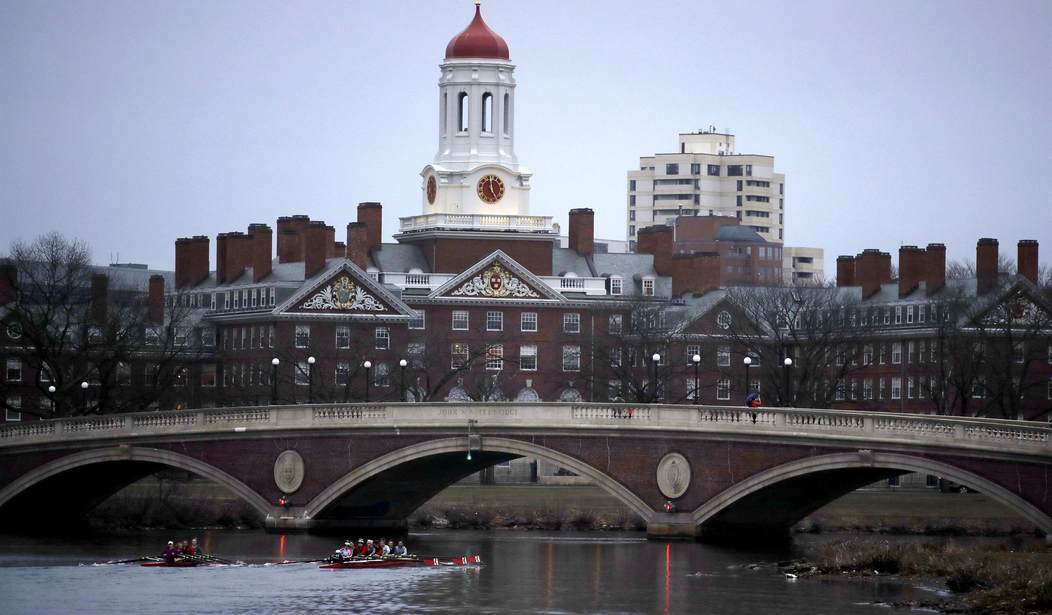



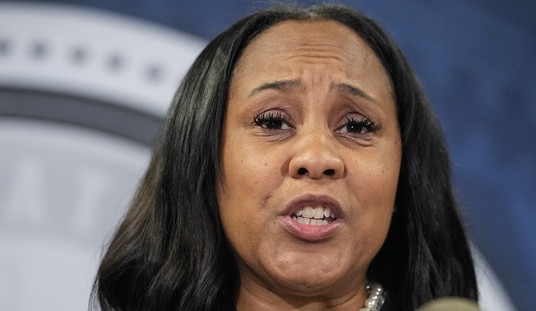
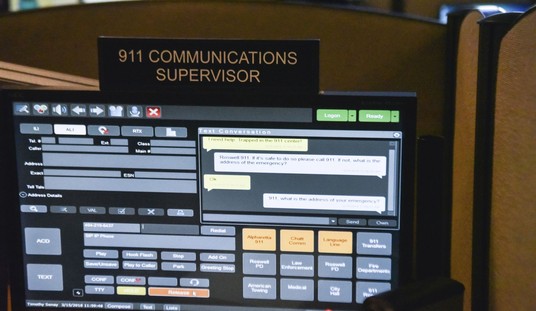

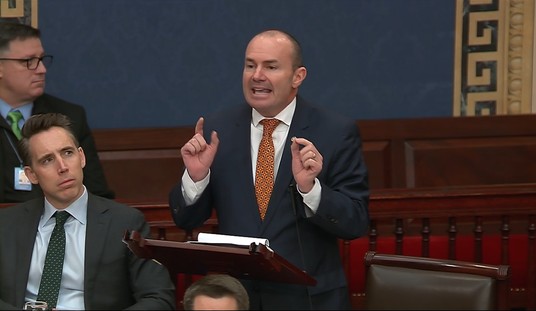
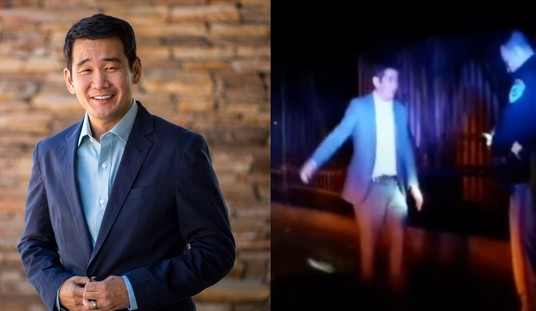



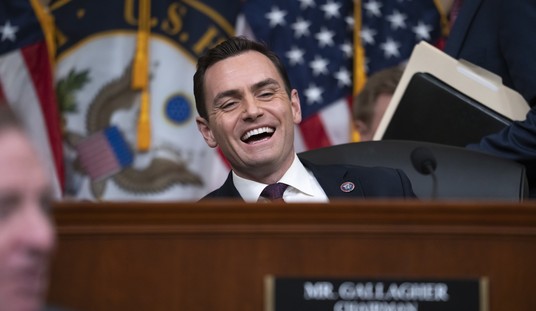
Join the conversation as a VIP Member